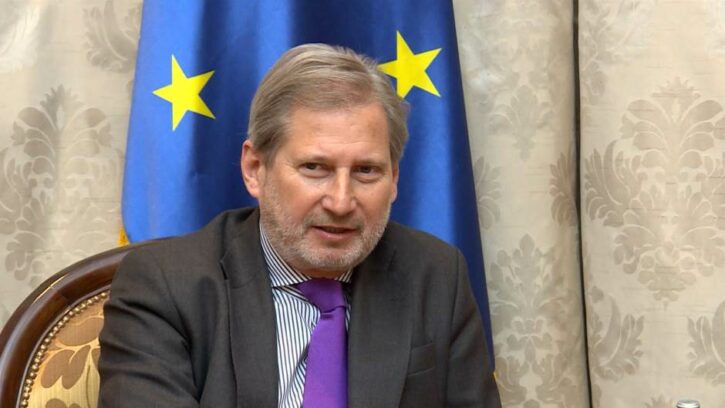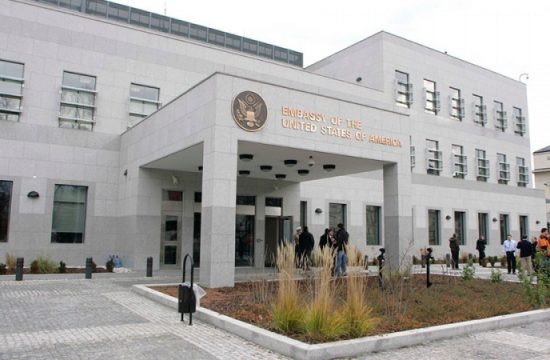
The United States has given the lead in the Balkans to the European Union, European Commissioner Johannes Hahn told the Washington Post during a visit to the US, adding that nobody can predict a final outcome for the Serbia-Kosovo dispute.
According to Hahn, Washington, not Brussels, was in the driver’s seat in the region during the wars of the 1990s and their aftermath but today the reverse is true. The US is very supportive of the EU on and in the region, he said, adding, “I think that they are quite happy that we are nowadays in the lead in the region.”
He said that the US retreat from leadership in the western Balkans is “a kind of silent return to normality”. “What is now daily routine, that we are taking care about the situation, in a way is simply a reaction to the situation on the ground,” he said, explaining that the US has “hardly any” business interests in the region unlike the EU.
The US was in the lead earlier because of NATO intervention but “the situation has changed. . . . If I look across a longer time frame, there is progress in the region. As an example, today, if there are on the ground, for instance, between Serbia and Kosovo, some clashes, in the past, this could have led easily to some violence. Today the leaders pick up the phone and call each other,” Hahn said.
Hahn’s hope is that the resolution of the Macedonia name dispute will serve as a precursor to the resolutions of other conflicts, including the “standstill” in the dialogue between Serbia and Kosovo, which he said was caused by trade tariffs imposed by Kosovo on Serbian imports late last year. Resolving the trade issue is now a precondition for restarting dialogue between Kosovo and Serbia, the Washington Post said.
On the possible border adjustment, Hahn stressed that a legally binding agreement between Belgrade and Pristina would cover areas beyond the border issue and that “one fundamental element in a future agreement must be the respect of minority rights,” an element of E.U. accession.
“At this moment, nobody could predict what would be a final . . . outcome,” he said. “A possible land swap might be in any case, if you like, a final parcel in a bigger picture. “The only precondition we have raised was that any kind of bilateral agreement has to contribute to more peace and stability in the region.”
A political agreement that comes at the cost of others, Hahn said, would be unacceptable to the EU.



